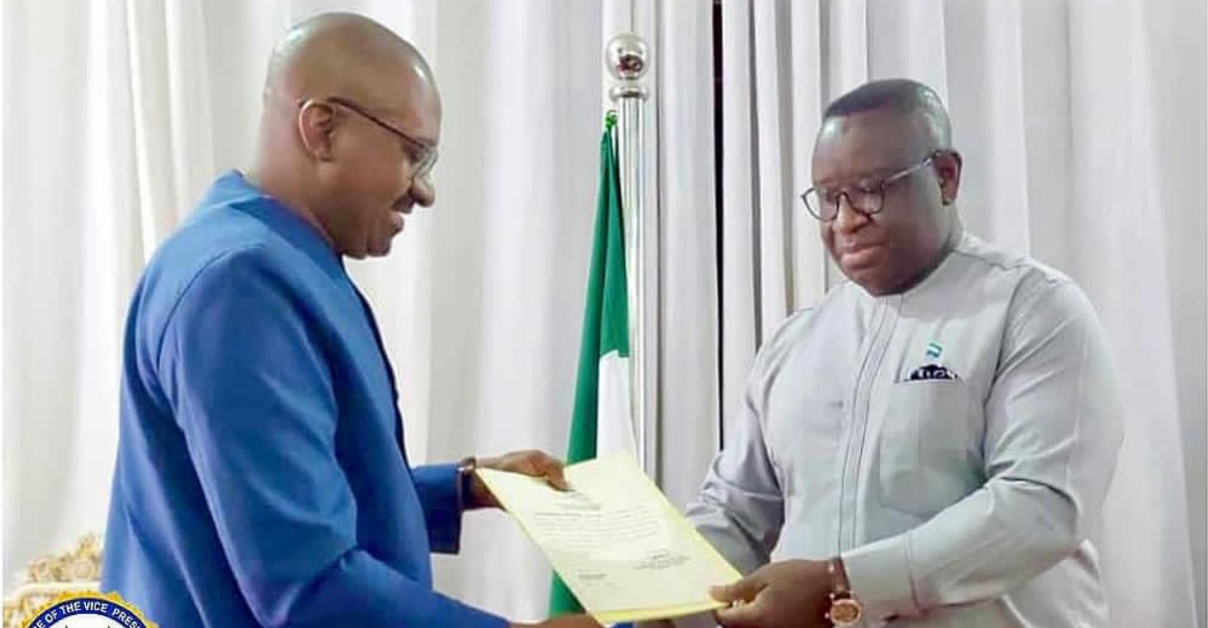President Bio’s recent proclamation to establish a National Electoral Systems Review Committee following the controversial June 24th Multi-tier elections in Sierra Leone is a puzzling move that appears to be more about optics than true democratic reform.
This move raises suspicion that it might be an attempt to whitewash the flaws of the previous elections and placate international critics rather than a sincere effort to address the underlying issues of the electoral process.
The stated objectives of the National Electoral Systems Review Committee – to review the legal framework and propose reforms – seem noble on the surface. However, any attempt at reform must begin with an honest assessment of what went wrong. The failure of the Electoral Commission of Sierra Leone (ECSL) to release detailed polling results or allow an audit of the results and the concerns raised by international observers about the tallying process point to deeper systemic problems. Without acknowledging and addressing these issues, any reform effort risks being superficial at best.
Establishing a review committee might be perceived as a quick fix, a cosmetic attempt to cover up larger cracks within the electoral system. Acknowledging that the root causes of Sierra Leone’s electoral challenges extend beyond logistics and the legal framework is crucial. The heart of the matter lies in the implementation and execution of electoral processes.Even with the best legal framework, we will not have free and fair elections if staunch partisans are appointed to run elections management bodies. True reform requires a genuine commitment to identifying and resolving these systemic deficiencies.
The choice of the Honourable Vice President to lead the committee is concerning, casting doubt on its independence and neutrality. For a reform initiative of this magnitude to hold any weight, it must be headed by someone not swayed by political influences. Judging by the composition of past committees, we will not hold our breath.
The history of similar committees does not inspire confidence. Instances like the Krio land issue referred to the VP in 2019 and the outcome of the August 10 committee raise suspicions about the potential fate of this new endeavour. If past experiences serve as a guide, there is a risk that the National Electoral Systems Review Committee’s conclusions could be shaped to align with the government’s preferences rather than reflecting an unbiased evaluation of the electoral system.
PA genuine commitment to change is what Sierra Leone needs not superficial gestures.

 1 Comment
1 Comment









Comment(s)
Disclaimer: Comments expressed here do not reflect the opinions of Sierraloaded or any employee thereof.